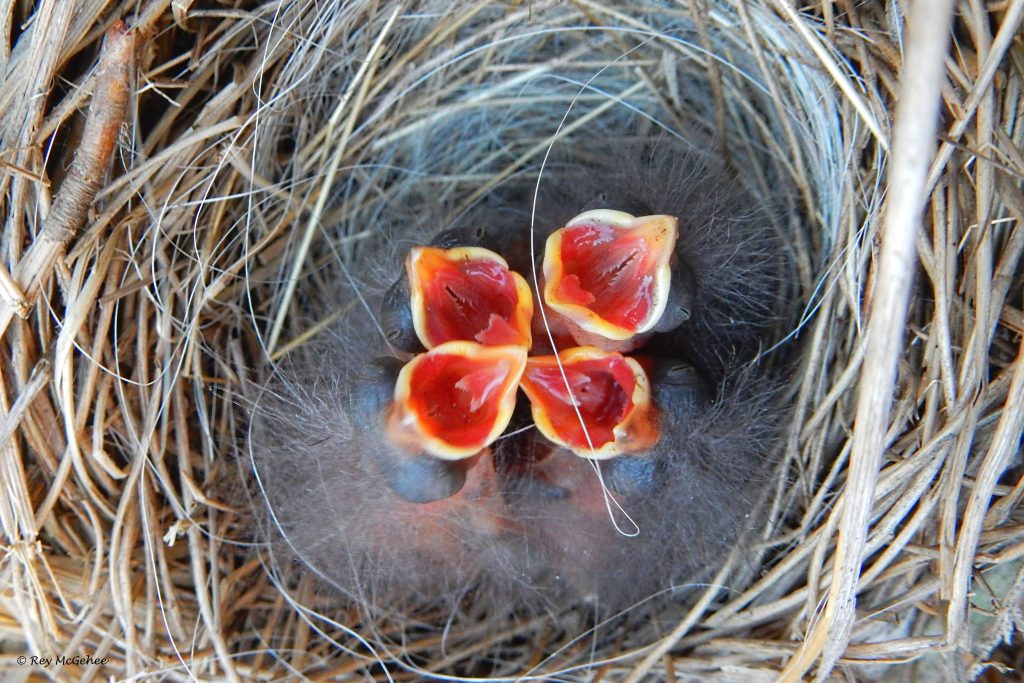 Photo ©
Rey McGehee
Photo ©
Rey McGehee
Nesting in a Warming Climate
Earlier this week, a new study featuring NestWatch data was published in the prestigious journal, Proceedings of the National Academy of Sciences.
Global temperatures have risen about one degree Celsius over the past century, which has resulted in some species nesting earlier or in different places in order to adapt. These shifts can have meaningful impacts on avian nesting success, but until now, no one has investigated these impacts at large spatial scales across a diversity of species.
Recently, researchers at the University of Connecticut accessed data from 47,023 monitored nests from 110 North American species, thanks to NestWatchers. They found that temperature anomalies were correlated with nesting success at the fringes of the breeding range.
“In the colder parts of the breeding ranges, abnormally warm summers increase survival, but in warm southern parts of ranges, abnormally warm summers decrease survival,” says Morgan Tingley, one of the study authors. Temperature does matter to nestling survival, and this pattern demonstrates the consequences of staying put in a warming world.
The two-part study also used long-term data from California to demonstrate that birds are now breeding 5–12 days earlier than they did a century ago, which potentially explains why some bird populations have not moved their breeding range despite rising temperatures. Read the full press release here.
 Photo ©
Photo ©